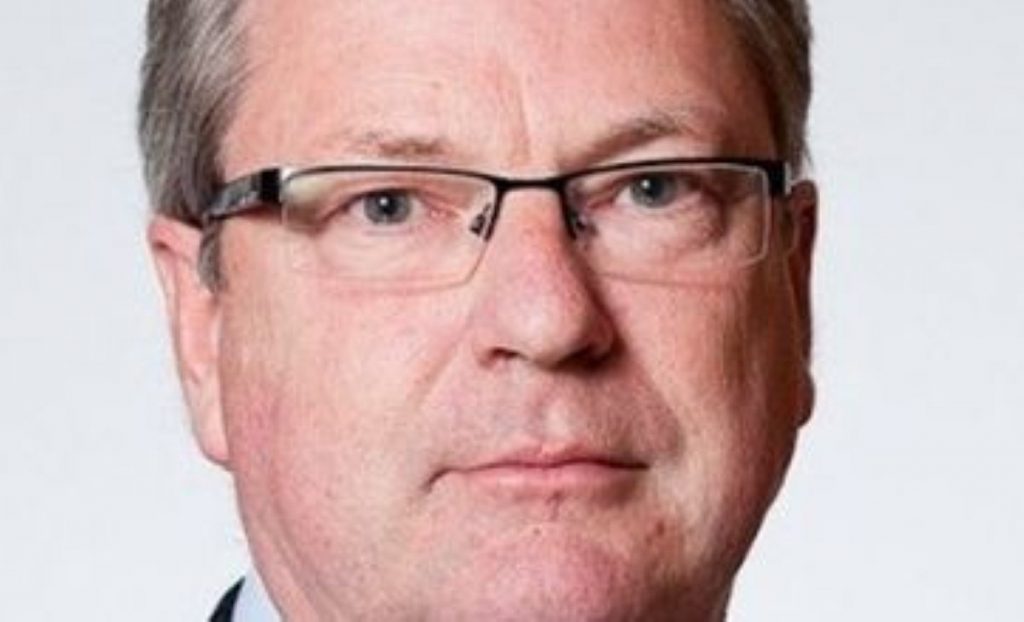Lynton Crosby anger channelled into lobbying bill squabble
Ministers are set to confront the lobbying industry with the publication of new legislation later, as the row over Lynton Crosby's influence over the prime minister arrives in Westminster.
Crosby, the Conservatives' general election supremo, is also a lobbyist for the Australian tobacco industry. Some suspect him of being behind last week's decision by the government to shelve its plans to introduce plain packaging for cigarettes.
David Cameron has insisted Crosby has not sought to influence government policy at all, but many are deeply sceptical about the denial.
A squabble is now developing over who will take credit for moves to force lobby firms to declare who is paying for their efforts to sway government ministers.


Coalition ministers are expected to propose the move in the lobbying bill, which will be published today, but Labour is promising to table amendments pushing the changes through if they do not appear in the government package.
The opposition is tabling amendments to the legislation which would directly address issues relating to Crosby.
All professional lobbyists working in Britain would have to declare their full list of clients on a statutory register.
Those working for politicians in government – including those like Crosby who are working for the party rather than in Whitehall – would have to declare it.
And senior officials or ministers leaving government and taking on jobs relating to their old portfolio would have their appointment scrutinised by a committee.
"Clearly Cameron is standing up for the wrong people," shadow Cabinet Office minister Jon Trickett said.
“If this bill is about cleaning up lobbying it should be used to clean up the lobbying at the heart of Downing Street.
"Labour is determined to stand up to vested interests and we will push amendments to the government's lobbying bill that will once and for all clean up this aspect of politics."
Critics have attacked the government's proposals as not going far enough. Only third-party lobbying firms will be obliged to participate in the statutory register, leaving lobbyists for large organisations and companies unaffected.
Of the 988 meetings ministers held with outside organisations in 2012 just two were with companies which are formally defined as lobbyists, the Guardian reported.
Frontbenchers of all parties will be hoping the lobbying bill will placate public anger after the latest wave of scandals hit Westminster this spring.
Conservative backbencher Patrick Mercer was obliged to quit the party whip after a sting reportedly caught him agreeing to be paid money in exchange for lobbying on behalf of Fiji, in what would amount to a clear breach of parliamentary rules.
That followed the suspension of two Labour peers Lord Cunningham and Lord Mackenzie of Framwellgate, and the resignation of Ulster Unionist peer Lord Laird from the party whip over a sting in which they were caught offering to act for a foreign energy firm.
The legislation is also expected to address third-party funding in general elections – a move broadly judged as targeting trade unions' funding in marginal seats.
Trade unions will have to submit to an annual audit of their membership and accept new limits on their spending power in election campaigns. The move will make it harder for Labour to take key seats from the Conservatives in the 2015 general election campaign.












